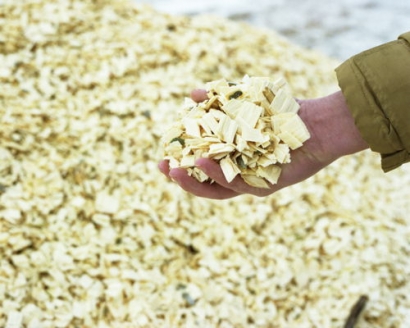
The inherent link between the sector and European decarbonization has too often been overlooked. A failure to accept the degree to which inefficient and old heating systems - when combined with a high dependency on fossil fuels - contribute to GHG emissions, has the potential to affect the ability of the EU to deliver on its future climate objectives.
In line with the provisions of the European Green Deal, there is an indisputable need for higher renewable energy solutions penetration and increased energy efficiency of the heating system. Without this, it is unlikely that Member States will reach their long-term climate commitments.
As highlighted in Bioenergy Europe’s Bioheat Statistical Report 2020, the National Energy and Climate Plans of European Member States set the average RES share in the sector for 2030 at 40%. While it represents a significant increase from the current share of 19.7%, to achieve carbon neutrality by 2050, the 2030 targets should be revised upwards. The Renewable Energy Directive additionally includes a soft target that aims to drive the penetration of renewables in the heating & cooling sector. However, almost no Member State seems to have taken the required 1,3pp annual increment when calculating their 2030 objectives.
In 2018, 79% of energy sources used in the heating sector continued to come from fossil fuels. Granted, while the phasing out of fossil fuels is daunting, the EU and Member States must implement concrete measures that disincentivize fossil fuel usage, encourage the growth of the renewable sector, and ultimately stimulate the energy transition.
An affordable, efficient and readily available renewable resource, biomass has proved itself to be an effective solution for residential heating, derived heat and industrial processes. The Statistical Report 2020 found that since 2000, it has grown on average nearly 3% yearly. Moreover, in 2018 bioenergy accounted for 85% of renewable heat consumption in Europe.
With 49% of bioheat consumed in the residential sector, it is small and medium appliances that dominate, with their modernization, correct maintenance and installation becoming key to curbing air emissions. District heating networks are of equal importance to smart sector integration, as they not only increase energy efficiency but allow access for low carbon sources. Remarkably, 99% of renewable heat in industry comes from biomass, demonstrating that bioenergy is fundamental in aiding industry’s transition to carbon neutral energy systems.
Overall, the Statistical Report on Bioheat sets out a number of essential recommendations for policy makers moving forwards – mainly focusing on prioritizing European decarbonization through a switch for renewable heating solutions like bioenergy.
For one, fossil fuel subsidies must be phased out and replaced with the promotion of biomass district heating. Furthermore, the Renovation Wave needs to support and promote the replacement and modernization of old and inefficient residential installations with modern, high-quality biomass appliances. A switch of this nature is not only energy efficient, but it improves air quality while simultaneously propelling Europe towards a carbon neutral 2050.
Download the POLICY BRIEF (http://bit.ly/SR2020_Bioheat_Brief)

